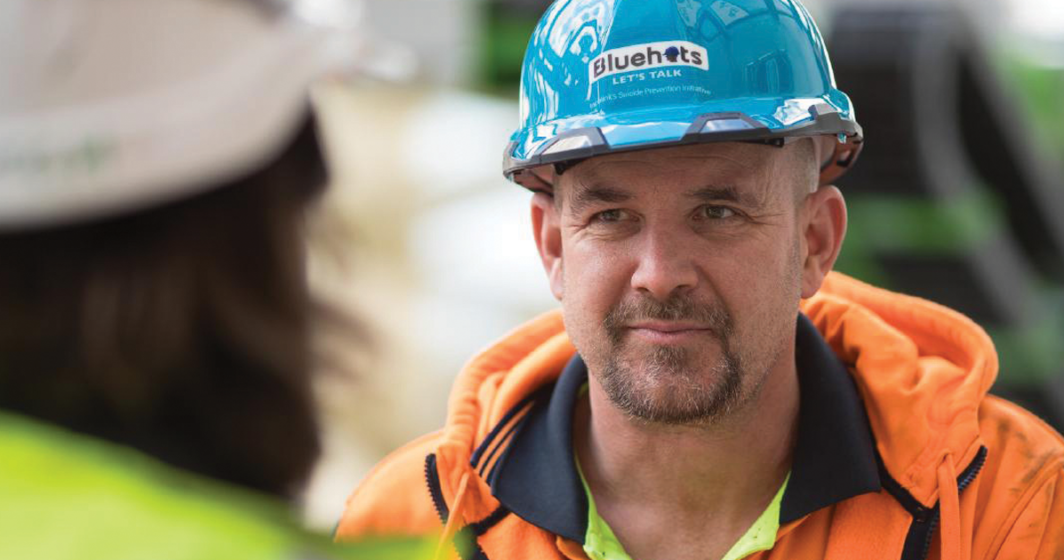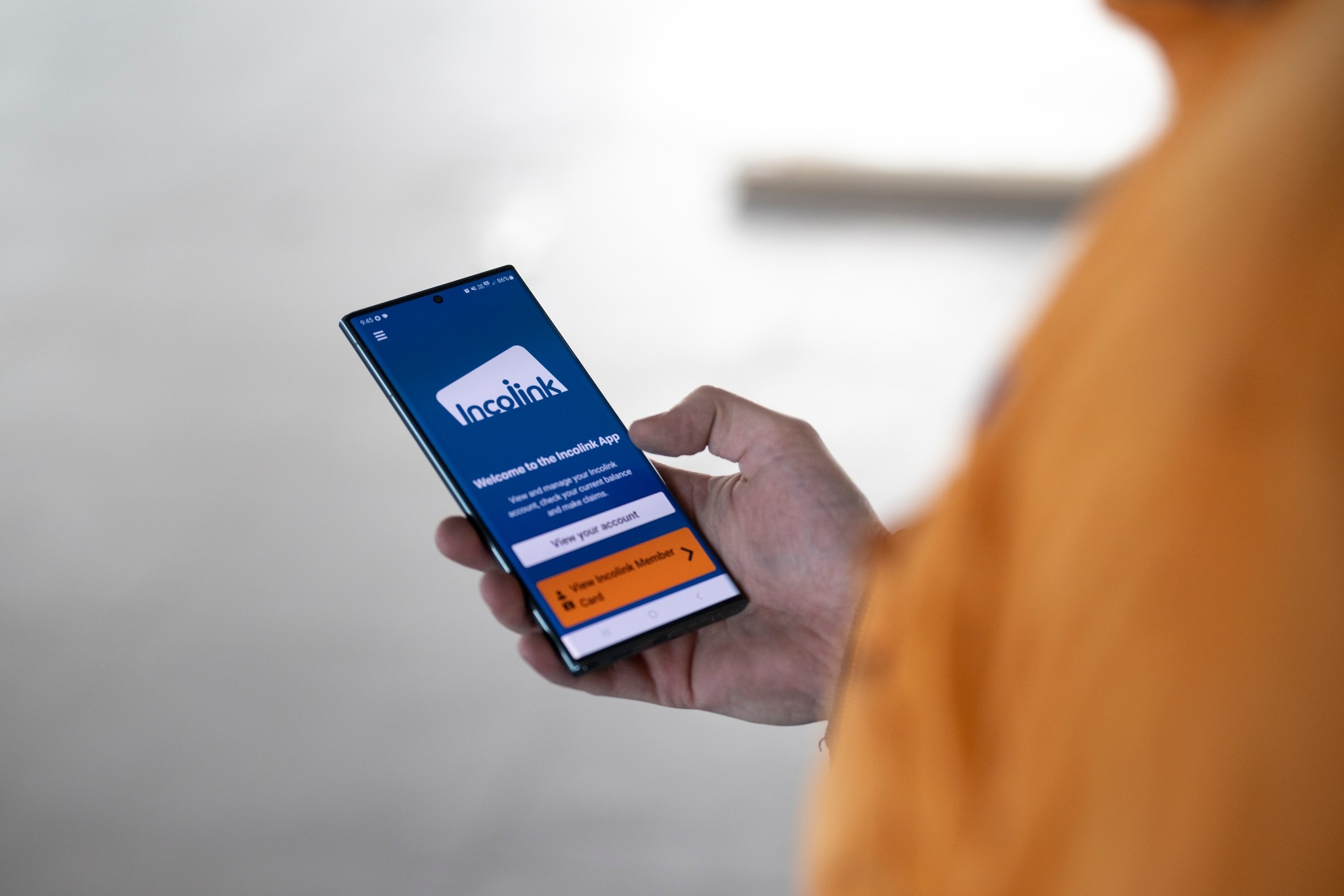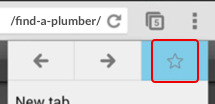Health and safety go beyond the physical and those in the plumbing industry are not immune. Kate Jones reports.
COVID-19, has put further pressure on the construction industry, slowing the release of some jobs. In metro Melbourne, Stage 4 Restrictions have closed many sites and forced hundreds of tradies out of work or onto reduced hours.
With thousands of construction workers and their families impacted, mental health awareness has never been more important.
Research shows that there was already a disproportionate rate of mental illness in the construction industry. It shows construction workers are six times more likely to die from suicide than an accident at work.

Further data from mental health organisation MATES in Construction reveals the suicide rate among labourers is higher than the general male population.
Experts point to various reasons for these tragic figures, including: Poor job security, Dangerous work conditions, Physically demanding work, Long hours and Project deadline pressures.
In 2018, worker entitlement fund Incolink set up the Bluehats Suicide Prevention Initiative to give construction workers someone on site to talk to about their wellbeing.
Dom Vigalanti, Incolink’s manager of intervention and support programs, said there were 250 people with mental health training wearing blue construction hats on sites around Victoria.
“They are there to invite people to talk about their mental health, which has been the problem for a long time,” he said. “Because of our own fears we don’t invite people to talk about mental health, so that’s what we’re trying to promote.
“Our first goal is to increase people’s health-seeking behaviour and the only way we’re going to do that is by asking the questions and by putting people out there who are going to look out for each other.”
Vigalanti said he expected there would be a delay of about a week or two in people reaching out for help, owing to people trying to sort through their finances first.
“What we found with the first lockdown back in March when all this started was everybody was trying to work out where their next buck was going to come from, so finance is their first issue,” he said.
“But then a week or two after that is when it starts impacting mental health when they think, ‘this is real’.”
Wayne Schwass, AFL great and founder of mental health advocacy group Puka Up, said coronavirus threw many more challenges at tradies. “Right now there’s an added layer of stress, which is really pushing people towards their limits,” he said.
“COVID has had a significant impact – jobs have been lost, hours have been reduced, income has been significantly impacted or they don’t have any. There’s issues of identity with regards to ‘I’ve lost my job, what do I do?’ and people having to homeschool and spend more time at home, and the amount of alcohol and drugs people might be using as a way of coping.
“There’s enormous stress.”
Schwass, who recently appeared in a Master Plumbers webinar on prioritising mental health, said poor mental health conditions in the male-dominated construction industry reflect generations of toxic masculinity.
“I believe so many males of all ages find it difficult, uncomfortable or just beyond their grasp to talk about well-being, mental health challenges and stresses, because of gender conditioning,” he said.
“What I mean by that is men are taught, conditioned and told to be tough, strong and resilient, but unemotional.
“So when we’re under emotional stress we don’t know what to do because we don’t have that emotional connection to be able to think, feel and communicate, or more damagingly we don’t do anything because of the fear of being judged, being seen as soft or …less of a man.”
Wayne Schwass, AFL great and founder of mental health advocacy group Puka Up, has six tips for staying on top of health and well-being:
- Acknowledge and accept whatever thoughts, feelings and emotions you’re experiencing. Don’t deny them, don’t ignore them, don’t bury them and don’t try to drink or self-medicate your way through them because it’s a natural reaction to stress.
- Prioritise sleep. Give yourself time to rest physically and emotionally. It sounds obvious, but if you’re tired, go to bed early.
- Be very selective about what you listen to, read or watch because it’s skewed to the negative. If it’s having a negative impact, don’t watch it.
- Exercise - doesn’t matter what you do, it’s really important physically and emotionally.
- Communicate. Whatever it is, find the words to communicate with someone you trust about what you’re feeling or thinking. Don’t ignore it because it becomes a bigger problem down the track.
- Connection. What’s fundamentally important to human beings is our sense of connection. Whilst we’re limited by lockdown there’s still plenty of ways to connect - Zoom, Microsoft teams, the phone, WhatsApp, Instagram, text messages - they’re all platforms to communicate.
Incolink has a free 24/7 counselling support service for its members available on 1300 000 129.
Share this Article






